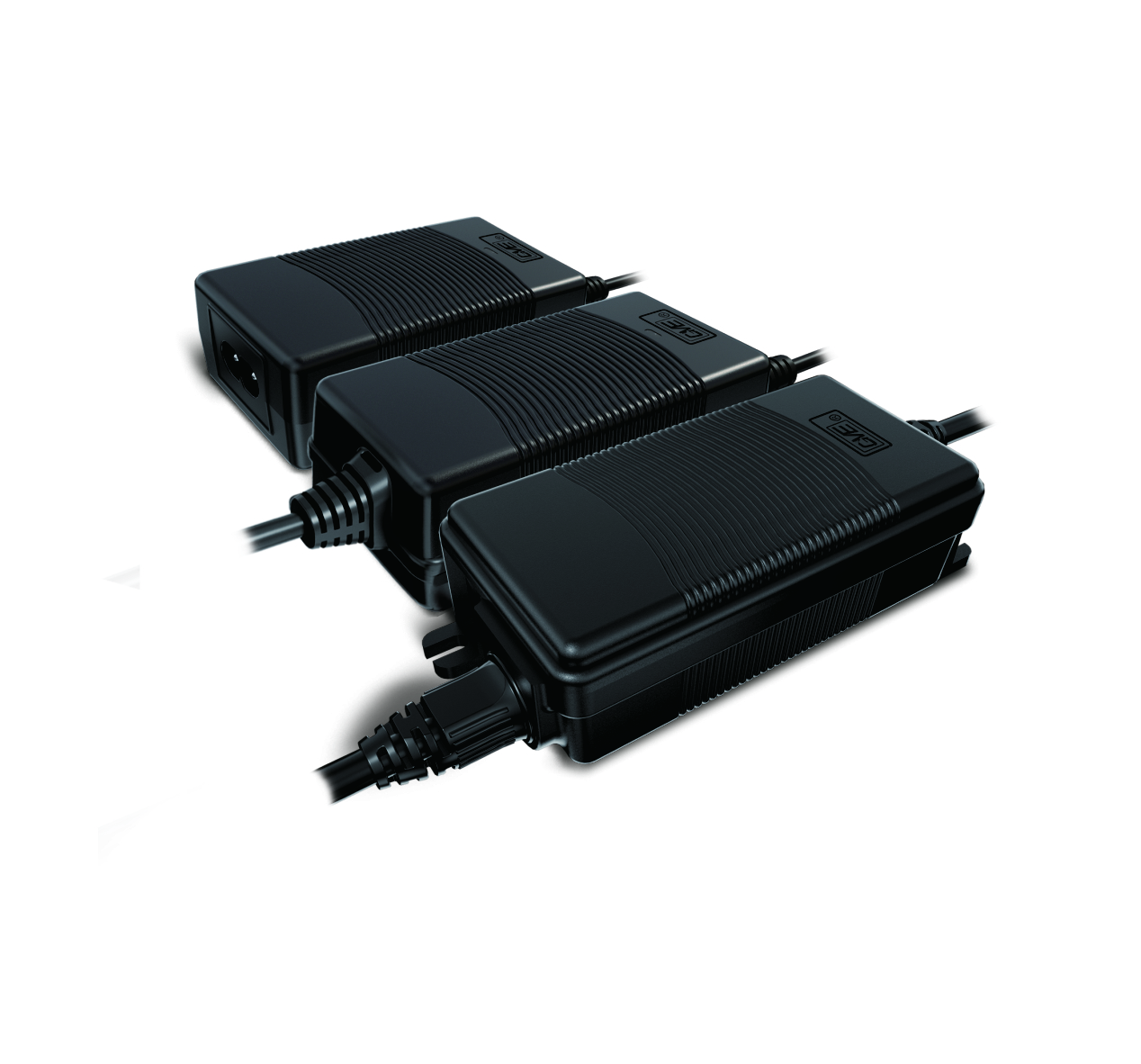The Guide to Choosing the Right Power Adapter for Your Devices
In an era where we rely on a multitude of electronic devices for work, communication, and entertainment, finding the right power adapter becomes crucial. The sheer variety of adapters on the market can be overwhelming, leading to confusion for consumers. However, understanding a few key factors can simplify the selection process and ensure compatibility and safety for your devices.

Voltage and Amperage Specifications
Start by checking the voltage and amperage requirements of your device. Most devices have labels specifying the input requirements. The voltage should match precisely, while the amperage can typically be the same or higher than the original adapter's output. Using an adapter with a lower amperage might result in an insufficient power supply, affecting device performance or causing damage.
Connector Type
Connectors vary across devices, with each requiring a specific type to charge properly. It's crucial to identify the correct connector type to ensure compatibility. Common connector types include USB-C, USB-A, micro-USB, Lightning, and proprietary connectors unique to certain brands. Always double-check compatibility to avoid purchasing an incompatible adapter.
Universal Adapters vs. OEM Adapters
Universal adapters offer versatility by supporting various devices and often come with interchangeable tips. However, OEM (Original Equipment Manufacturer) adapters are tailored for specific devices, ensuring optimal performance and compatibility. Consider your preference for versatility versus device-specific optimization when choosing between these options.
Wattage and Power Ratings
Understanding wattage is essential, as it determines the amount of power an adapter can deliver. Higher wattage adapters can charge devices faster but ensure the device can handle the power without causing damage. Refer to the device's manual or specifications to determine the appropriate wattage for your adapter.
Portability and Travel-Friendly Adapters
For frequent travelers or those on the go, compact and lightweight adapters become invaluable. Look for adapters that are designed for travel, featuring foldable plugs, multiple plug types for international compatibility, and built-in surge protection to safeguard your devices during voltage fluctuations.
Quality and Safety Standards
Prioritize safety by choosing adapters that comply with safety standards. Look for certifications like UL (Underwriters Laboratories), CE (Conformité Européenne), or FCC (Federal Communications Commission) to ensure the adapter meets quality and safety regulations, reducing the risk of electrical hazards.
Heat Dissipation and Overheating Protection
Overheating can damage both the adapter and your device. Opt for adapters equipped with heat dissipation mechanisms or overheat protection features. Adequate ventilation and built-in safeguards can prevent excessive heat buildup, prolonging the lifespan of both the adapter and your device.
Reviews and Recommendations
Utilize online reviews and seek recommendations from trusted sources or forums dedicated to electronics. Real-user experiences can provide insights into an adapter's performance, durability, and compatibility, aiding in your decision-making process.
Budget Considerations
While quality and compatibility are crucial, it's essential to balance them with your budget. Universal adapters might offer versatility at a reasonable price, while OEM adapters could be slightly more expensive due to their tailored design. Evaluate your needs and budget constraints before making a purchase.
Future-Proofing and Compatibility
Consider investing in adapters that support future devices or have multiple ports to accommodate various gadgets simultaneously. Future-proofing your purchase ensures compatibility with upcoming devices, saving you the hassle of buying new adapters frequently.
Choosing the right power adapter for your devices involves considering various technical specifications, safety features, and your specific usage requirements. Prioritize compatibility, safety, and quality to ensure optimal performance and longevity for your devices. By understanding your device's needs and selecting an adapter that meets those requirements, you can confidently power your electronics.
